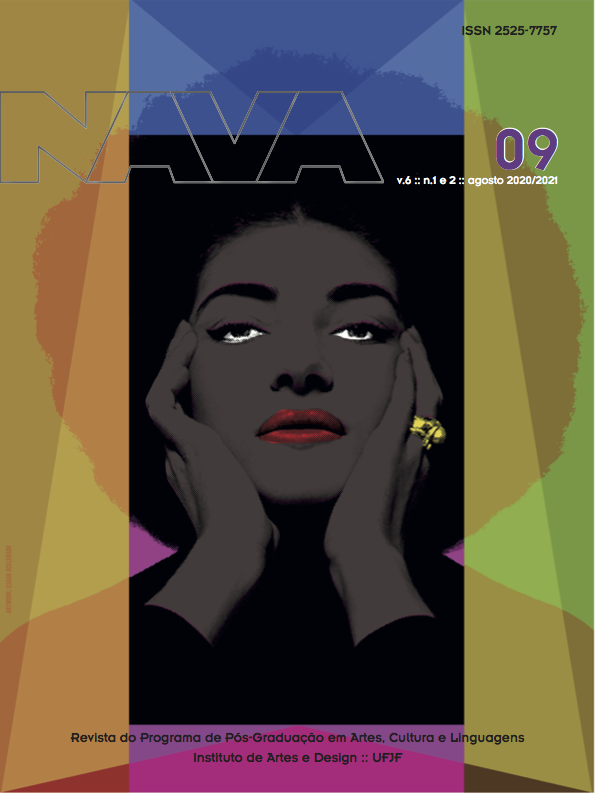The Trajectory and Experience of Afro-Brazilian Dancers in France:
the intersection of Gender, Race, and Class.
DOI:
https://doi.org/10.34019/2525-7757.2021.v6.32888Keywords:
The Trajectory and Experience of Afro-Brazilian Dancers in France: the intersection of Gender, Race, and Class.Abstract
The reasons of migration are diverse (personal, family, social, economic, and political) and the factors that end up interfering with this process are the most varied. Thus, this article aims to reflect on the trajectory of Afro-Brazilian dancers in France, observing how the immigration flows took place and the living of experience. In this context, it seeks to explain how the intersection of gender, race, and class relations are manifested. In the same way, we seek to know the singularities of the artistic field and how these professionals are enrolled in the labor market in that country. Methodologically, the study is based on a qualitative research approach, with data obtained through ethnography, observation, and interview. In the case of the Brazilian dancers coming from Salvador, Bahia, the migration process is analyzing from the networks of interactions and interdependencies, both in the country of origin and destination. This was triggered as a strategy to break the cycle of poverty. In addition, these women aimed for social ascension and professional recognition. The narratives showed that the realization of dreams, fed by the migration process, was achieved by some of the Bahian dancers. In the case of others, it did not occur in the dimension they desired. It was also found that the configurations of the labor market for these professionals who wish to survive in art are different in Brazil and France, as a result of social, cultural, economic and public policy issues that deeply mark the two countries researched.
Downloads
Downloads
Published
Issue
Section
License
Copyright (c) 2021 Cacilda Reis

This work is licensed under a Creative Commons Attribution 4.0 International License.
A Revista Nava adota a licença Creative Commons CC-BY.
Nossa política de direitos autorais garante aos autores a possibilidade de adaptar e partilhar o conteúdo publicado.
Os autores se mantém como detentores do copyright de seus trabalhos após a publicação.






